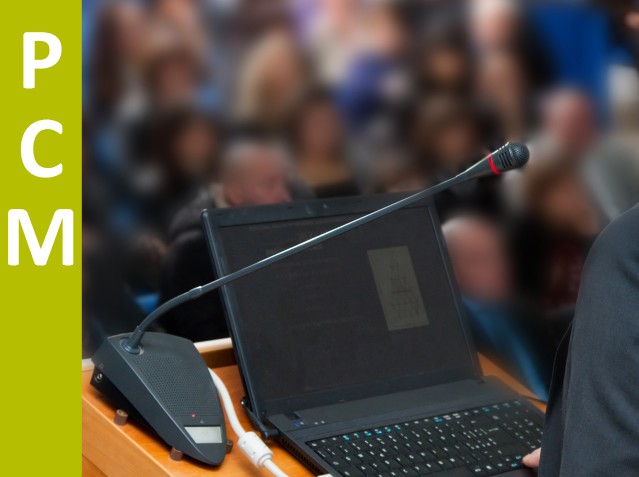PCM Seminar - DR Fabrice MOLINALundi, 14h00 - Amphi IPREM
Le 27 mars 2023 à 14h00

Dr Fabrice MOLINA
CNRS Director of Research
(Sys2Diag UMR9005 CNRS / ALCEDIAG,
Biological Complex system modeling and engineering for diagnosis, Montpellier)
"Synthetic biology design of Non-Living Biomachines engineering for Next Generation Medical Diagnosis"
Abstract:
COVID-19 crisis showed us that research must adapt hit practices to face the pandemics challenges. EasyCOV rapid salivary covid test is an example of such public-private and inter-disciplinary cooperation. Current evolutions in medical practices induce a change of paradigm with the convergence of diagnosis and therapy, going to precision medicine and “theranostics”. One can observe the new role of biomarkers in biomedical and therapeutic applications, for instance in the development of molecular multiplex biosensors (nucleic acid, proteins, and metabolites). In addition, there is an increasing interest for point-of-care (POC) and of home monitoring/testing technologies devoted to probe patient parameters in his direct environment. The obvious constraints for such a kind of new clinical practices are simplification, drastic cost reduction while keeping high performances. Within this context, synthetic biology provides new opportunities to develop a novel generation of biological biosensors able to perform multiplexed biomarkers detection, simple computation and returning simplified relevant results [1]. In order to design robust synthetic biological biosensor systems reliable in a clinical context and based on biochemical circuits, we developed an original methodology ensuring biochemical implementation of logical tasks within nonliving vesicles so called “biomachines”. This methodology covers in silico design, simulation, microfluidics production and clinical validation on human samples [2]. It ends up in very simple diagnostic assay like for instance the new insulin-resistance assay, which is also quick and easy to run out of a laboratory and at very low cost.
References
[1] Courbet A, Renard E, Molina F. Bringing next-generation diagnostics to the clinic through synthetic biology. EMBO Mol Med. 2016;8(9):987-91.
[2] Courbet A, Amar P, Fages F, Renard E, Molina F. Computer-aided biochemical programming of synthetic microreactors as diagnostic devices. Mol Syst Biol. 2018;14(6):e8441.
[3] F Santos Schneider, Amar P, A Bahri, J Espeut, M Alali, F. Fages, F. Molina, Biomachines For Medical Diagnosis. Advanced Materials Letters, VBRI Press, 2020, 11 (4), pp.1-5. ⟨10.5185/amlett.2020.041499⟩